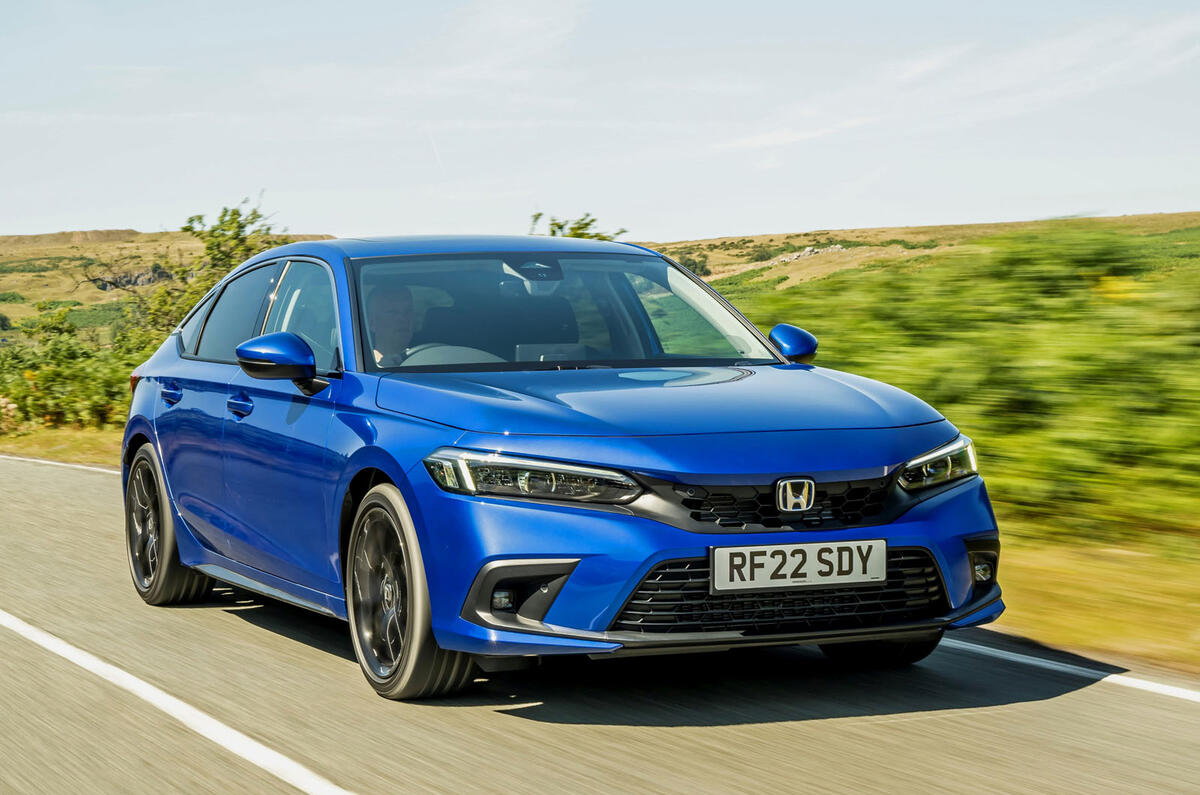Buying a used car from a private seller is often a double-edged sword. On one hand, it allows buyers to bypass dealership markups, negotiate more flexible terms, and potentially find well-maintained gems at competitive prices. On the other hand, it places the burden of research, inspection, and trust entirely on the shoulders of the buyer.
Unlike a certified pre-owned vehicle or one that comes with a dealership-backed warranty, private sales rely heavily on the buyer’s ability to read between the lines, ask the right questions, and recognize red flags. This environment makes it critically important to know which cars typically fare well in the private market, and which ones tend to raise alarms.
Private buyers are not just evaluating the aesthetics and price of a vehicle—they’re making a judgment about long-term reliability, maintenance costs, repair history, and brand reputation. Some vehicles consistently earn the trust of private buyers because they have built decades-long reputations for durability, low maintenance costs, and simple mechanics.
These cars often sell quickly with minimal haggling and become long-term companions for their new owners. Their clean records, proven engineering, and loyal owner base make them ideal candidates for private resale.
On the flip side, some cars immediately trigger caution in the minds of private buyers. Sometimes it’s because the brand has a history of mechanical failures, expensive repair parts, or inconsistent reliability.
In other cases, the issue stems from how the car is typically used—for example, if it’s a known off-road vehicle that may have been abused or a luxury sedan with expensive-to-maintain electronics.
These vehicles might still be attractive on paper or in photos, but they force buyers to dig deeper, ask tougher questions, and, in many cases, walk away.
This article is a deep dive into both sides of that equation. We’ll examine five vehicles that inspire confidence among private buyers and tend to sell easily without buyer hesitation. These models are celebrated for their reliability, ease of maintenance, and positive ownership history.
We’ll also explore five vehicles that frequently raise red flags for private buyers—cars that might look great at first glance but are often associated with costly repairs, hidden issues, or reputational baggage that turns off savvy shoppers.
Our goal here isn’t to condemn certain vehicles outright or claim that any used car is universally good or bad. Instead, this is a practical guide rooted in real-world perceptions from the private market.
While individual vehicles vary depending on how well they’ve been maintained, certain trends consistently emerge in private sales that are worth acknowledging. A well-informed buyer—or seller—should understand these dynamics and consider how they impact negotiation, pricing, and overall buyer confidence.
For private buyers, this guide can help you narrow your search to vehicles that offer the highest peace of mind and help you avoid potential pitfalls. For private sellers, it offers insight into how your vehicle might be perceived by the market and what steps you can take to address concerns proactively.
Whether you’re buying your first used car or looking to sell a vehicle without dealing with a dealership trade-in, understanding which cars carry a reputation for safety and reliability—and which ones make people nervous—can mean the difference between a smooth transaction and a frustrating experience.
Let’s begin by taking a look at five vehicles that rarely make private buyers flinch—cars that move off driveways quickly, retain solid resale value, and inspire confidence in those making one of life’s more consequential financial decisions.
Also Read: 5 Cars You Can Buy Used With Zero Fear and 5 That Should Come With a Warning
5 Cars That Don’t Scare Private Buyers
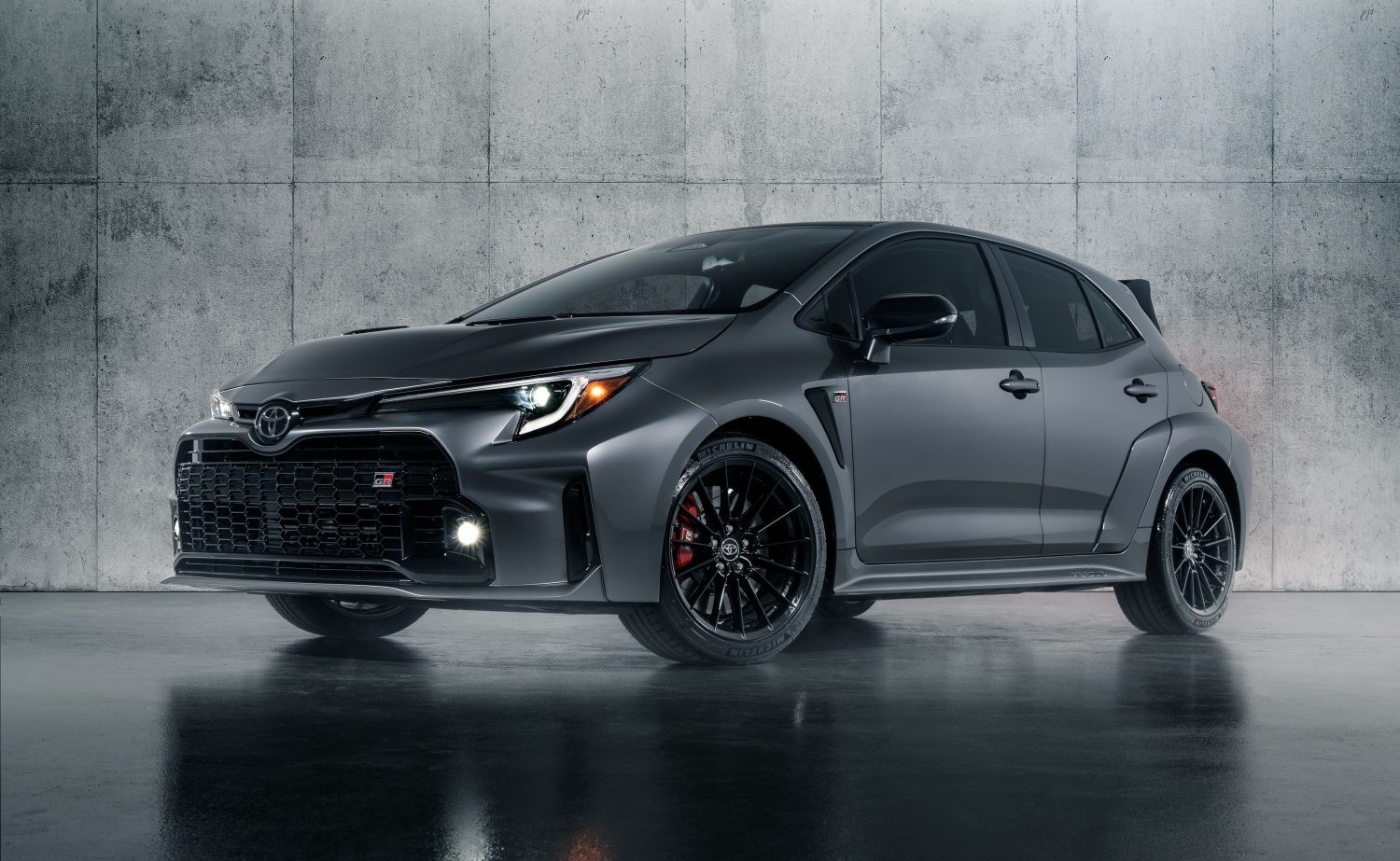
1. Toyota Corolla
The Toyota Corolla has long been regarded as one of the most reliable and practical compact cars on the market, making it an automatic favorite among private buyers.
Its reputation is built on decades of consistent performance, offering a combination of simplicity, efficiency, and longevity that few vehicles can match. Private buyers often gravitate toward the Corolla because it represents a “safe bet” — a car that won’t unexpectedly break down or drain their finances with costly repairs.
This perception is backed up by Toyota’s engineering philosophy that emphasizes durability, ease of maintenance, and a conservative approach to design that avoids unnecessary complexity. Many Corollas on the market have well-documented maintenance histories, a factor that reassures buyers about the car’s past care and future dependability.
Furthermore, the Corolla’s ubiquity means that replacement parts are plentiful and affordable, and mechanics are almost always familiar with its quirks. This widespread availability of parts and service expertise significantly reduces the perceived risk for private buyers.
When combined with the car’s excellent fuel economy, the Corolla becomes an ideal choice for a daily driver, especially for those who need a vehicle that simply performs reliably without fuss.
The Corolla’s modest yet functional interior and comfortable ride further enhance its appeal. Private buyers appreciate the balance of quality and value that the Corolla offers, and as a result, it rarely sits long on the used market.
Another critical reason the Corolla doesn’t scare private buyers is its strong resale value. The car maintains its worth well relative to competitors, which signals to buyers that their investment will hold steady over time.
Unlike some trendy or flashy models that depreciate quickly or attract skepticism due to past recalls or common problems, the Corolla’s track record has made it a stable choice for people looking to avoid surprises.
Private sellers also benefit from this desirability, often receiving multiple inquiries and selling their cars without having to heavily discount the price. The Toyota Corolla embodies trust and practicality, which is why it continues to inspire confidence among private buyers across generations.
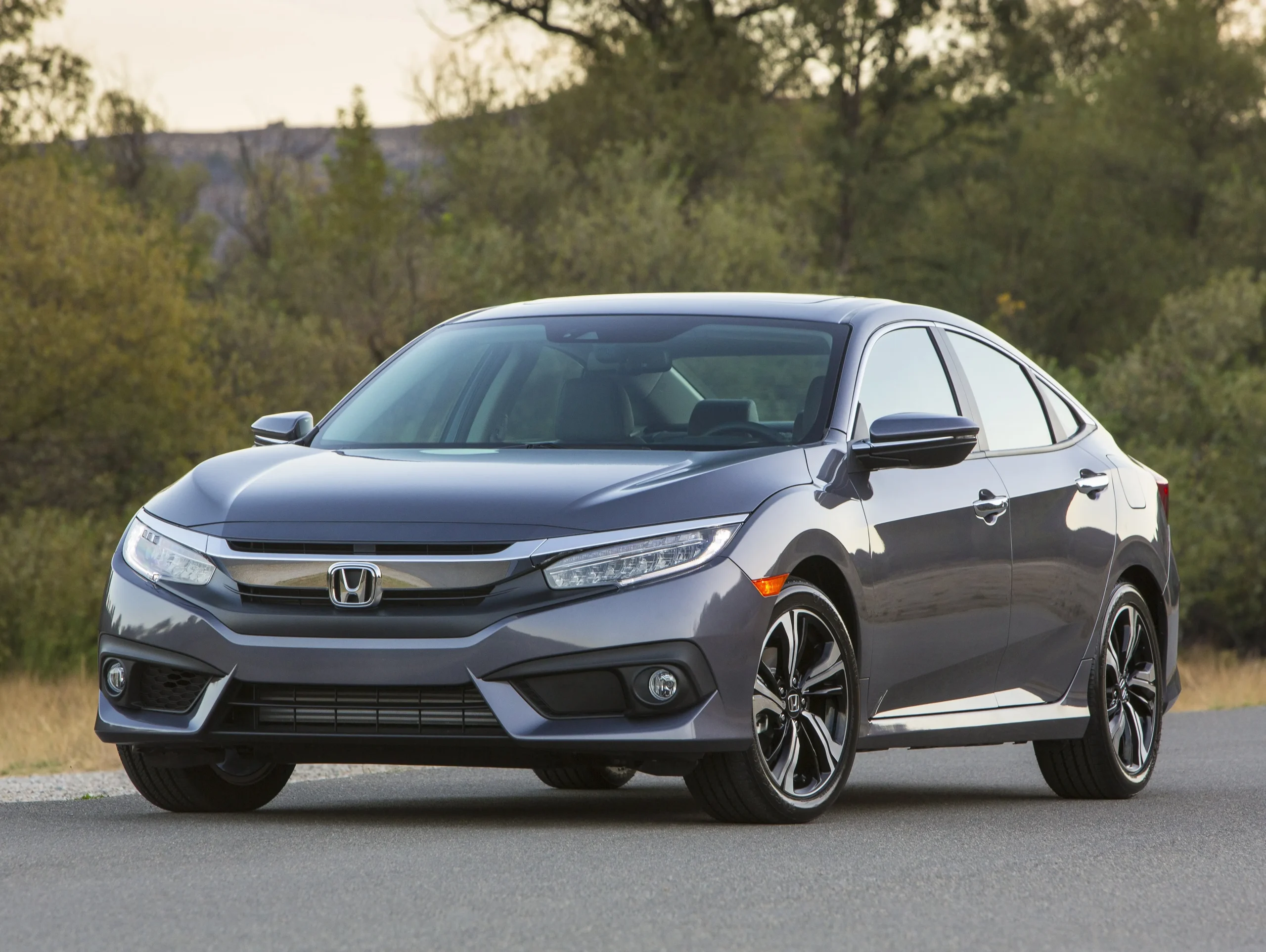
2. Honda Civic
The Honda Civic is another compact car that private buyers flock to with confidence, thanks to its proven reliability, fuel efficiency, and overall value. With a rich history of dependability, the Civic has cultivated a strong following among individuals who want a car that delivers solid performance without frequent maintenance headaches. Private buyers tend to view the Civic as a car that can provide many years of trouble-free driving if it has been properly maintained.
This reputation is bolstered by Honda’s engineering focus on efficient yet robust engines, well-built transmissions, and reliable electrical systems. Because of this, the Civic holds a unique position where it satisfies both practical buyers seeking reliable transportation and enthusiasts attracted to sportier trims.
The Civic’s reputation for longevity and reasonable maintenance costs plays a huge role in private buyers’ peace of mind. Most Civics have simple, time-tested technology under the hood, which makes diagnosing and repairing issues relatively straightforward.
This ease of maintenance appeals greatly to private buyers, especially those who prefer independent mechanics or even DIY repairs. The Civic’s strong fuel economy further increases its appeal in an era where rising fuel costs are always a concern.
For many buyers, the Civic strikes the perfect balance between affordability, comfort, and performance, making it a popular private sale item that rarely raises doubts.
Additionally, the Civic benefits from a well-established resale market, both in private sales and dealerships, which fosters competition among sellers and encourages fair pricing. Private buyers often do their homework, checking service records and previous ownership, and typically find Civics with solid maintenance histories.
These factors all contribute to a perception of transparency and reliability that is crucial when buying a used vehicle from a private seller. The Civic’s widespread appeal and dependable track record make it one of the most trusted cars on the private market, with buyers generally feeling confident in their purchase.
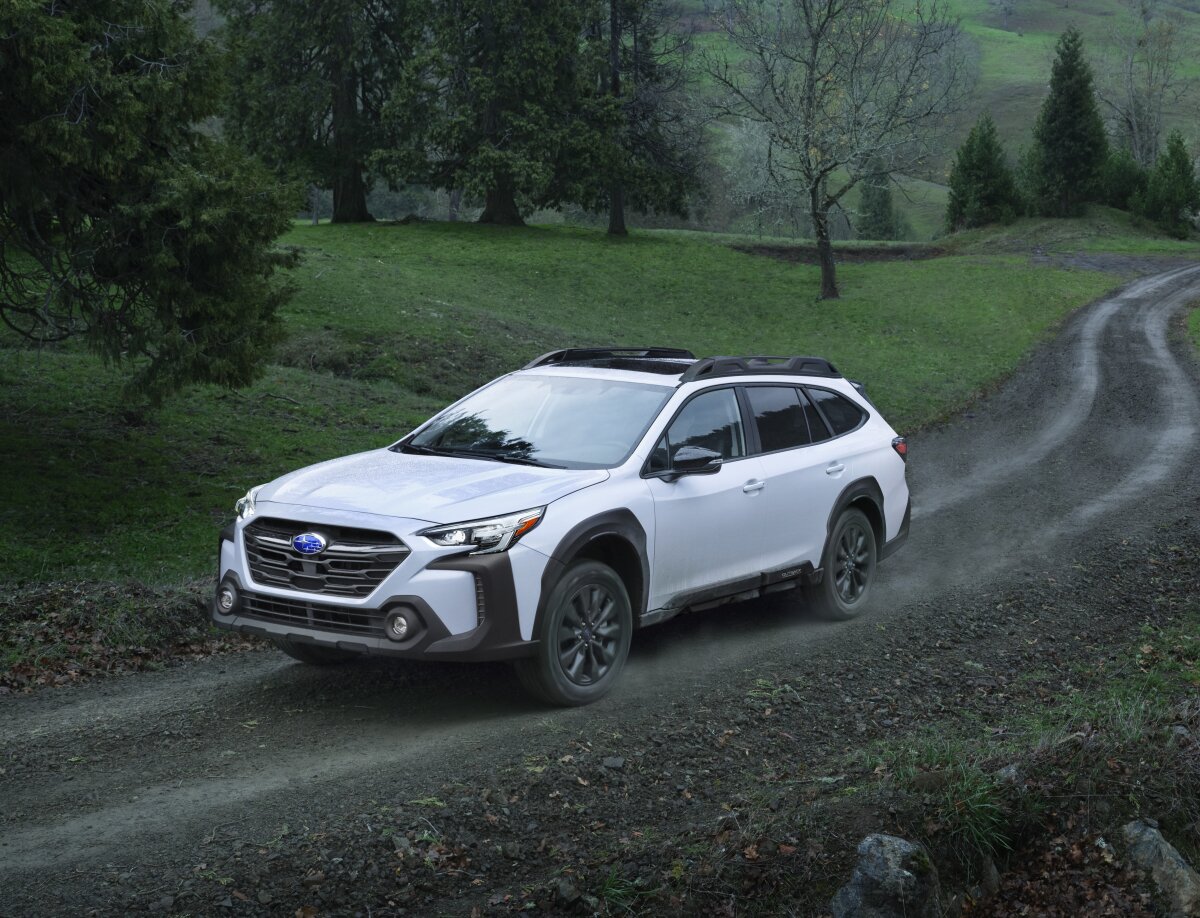
3. Subaru Outback
The Subaru Outback has carved out a unique niche among private buyers, especially in regions with harsher weather conditions or varied terrain. Known for its standard all-wheel-drive system, the Outback offers enhanced traction and stability, which reassures buyers who need a vehicle that can handle snow, rain, and light off-road conditions.
Private buyers often appreciate this feature, as it reduces the risk of losing control in difficult driving situations and adds a layer of safety that front-wheel-drive or rear-wheel-drive vehicles may lack.
The Outback’s ruggedness, combined with its versatile cargo space and practical interior, makes it an attractive option for buyers looking for a dependable crossover capable of family duties and outdoor adventures alike.
Beyond its drivetrain, the Outback’s safety ratings are a strong selling point. Many models have received high marks from independent crash testing organizations, which gives private buyers additional peace of mind.
This safety reputation is complemented by Subaru’s engineering focus on boxer engines and balanced chassis design, which provide a stable and comfortable driving experience. Private buyers, especially families or outdoor enthusiasts, often value these attributes highly because they translate to confidence behind the wheel and a reduced likelihood of serious accidents or costly structural damage.
Subaru owners are also known for their loyalty and attention to maintenance, which benefits private buyers in two key ways. First, the Outbacks that circulate in the private market are often well-maintained and come with comprehensive service records.
This transparency reduces buyer anxiety about hidden issues. Second, the strong Subaru community offers robust support in terms of forums, service tips, and aftermarket parts, which can make ownership easier and more enjoyable.
While older Outbacks may present some known issues like head gasket repairs, private buyers generally perceive well-kept examples as solid investments. The combination of safety, capability, and community support makes the Subaru Outback a vehicle that seldom scares private buyers.
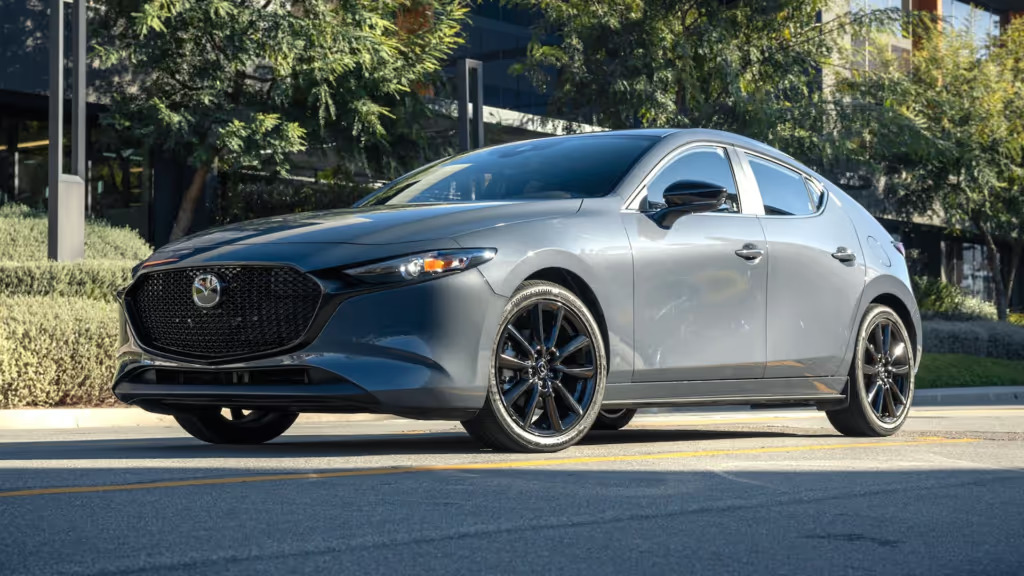
4. Mazda3
The Mazda3 stands out in the compact car segment due to its combination of style, driving dynamics, and reliability, which contribute to its strong appeal among private buyers. Unlike some compact cars that sacrifice driving enjoyment for economy, the Mazda3 offers engaging handling, a refined interior, and a sleek exterior design that feels more upscale than its price suggests.
Private buyers are often drawn to the Mazda3 because it balances everyday practicality with a bit of excitement, a rare combination in this class. This appeal helps reduce hesitation when considering the car for private sale, as buyers feel they are getting a vehicle that is both fun and dependable.
From a reliability standpoint, the Mazda3 benefits from Mazda’s focus on quality engineering and efficient engines that deliver solid fuel economy without sacrificing durability. Private buyers appreciate that Mazda3 models tend to have fewer mechanical issues compared to some competitors, especially when the vehicle has been maintained properly.
Repairs are typically manageable in cost and scope, which further enhances the car’s attractiveness. The availability of parts and widespread knowledge of Mazda’s powertrains also adds a layer of confidence for private buyers who may want to perform routine maintenance themselves or seek affordable service.
Moreover, the Mazda3 has developed a strong enthusiast following, which contributes to a wealth of information, aftermarket support, and community advice. This network empowers private buyers to approach the car with less apprehension, knowing that solutions to common issues and upgrades are readily accessible.
The model’s balance of reliability, style, and driving enjoyment makes it a consistently popular choice in the private market, where buyers are less likely to be scared off by fears of hidden problems or expensive maintenance.
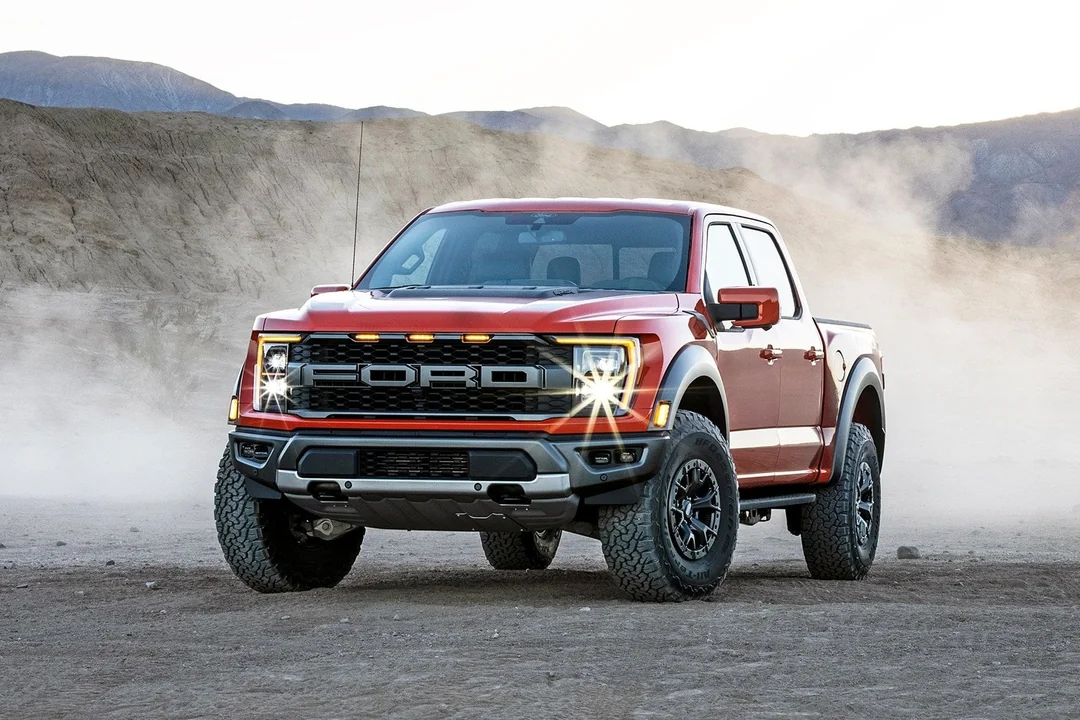
5. Ford F-150 (Recent Models)
The Ford F-150, as America’s best-selling truck for decades, holds a special place in the hearts of private buyers who require a capable, versatile, and durable vehicle. Its strong sales numbers are a testament to its widespread appeal, but for private buyers, it is the F-150’s reputation for toughness and dependability that truly matters.
Recent models combine rugged performance with modern amenities and safety features, making the truck a practical choice for both work and everyday use. Private buyers are often reassured by the F-150’s ability to handle heavy towing, hauling, and off-road conditions while maintaining a comfortable and well-appointed cabin.
In addition to performance, the F-150’s resale value is a significant factor in why it doesn’t scare private buyers. Its demand in the used market remains high, and parts availability is second to none, which means that repair and maintenance are generally easier and less expensive compared to less popular trucks.
Private buyers are also drawn to the truck’s extensive network of dealerships and service centers, which provide peace of mind regarding support and warranty options. This combination of durability, value retention, and support infrastructure reduces perceived risk and increases buyer confidence.
The F-150’s strong build quality and robust design contribute to its reputation as a vehicle that can endure years of hard use with proper care. While trucks inevitably show signs of wear and tear, the F-150’s proven reliability record means that private buyers are less likely to be surprised by costly hidden repairs.
Instead, they view the truck as a sound investment, capable of serving both as a daily driver and a reliable workhorse. This positive perception, combined with the truck’s widespread popularity, means that private sales of the F-150 tend to be straightforward, with buyers eager to secure a vehicle known for its toughness and longevity.
5 Cars That Raise Red Flags for Private Buyers
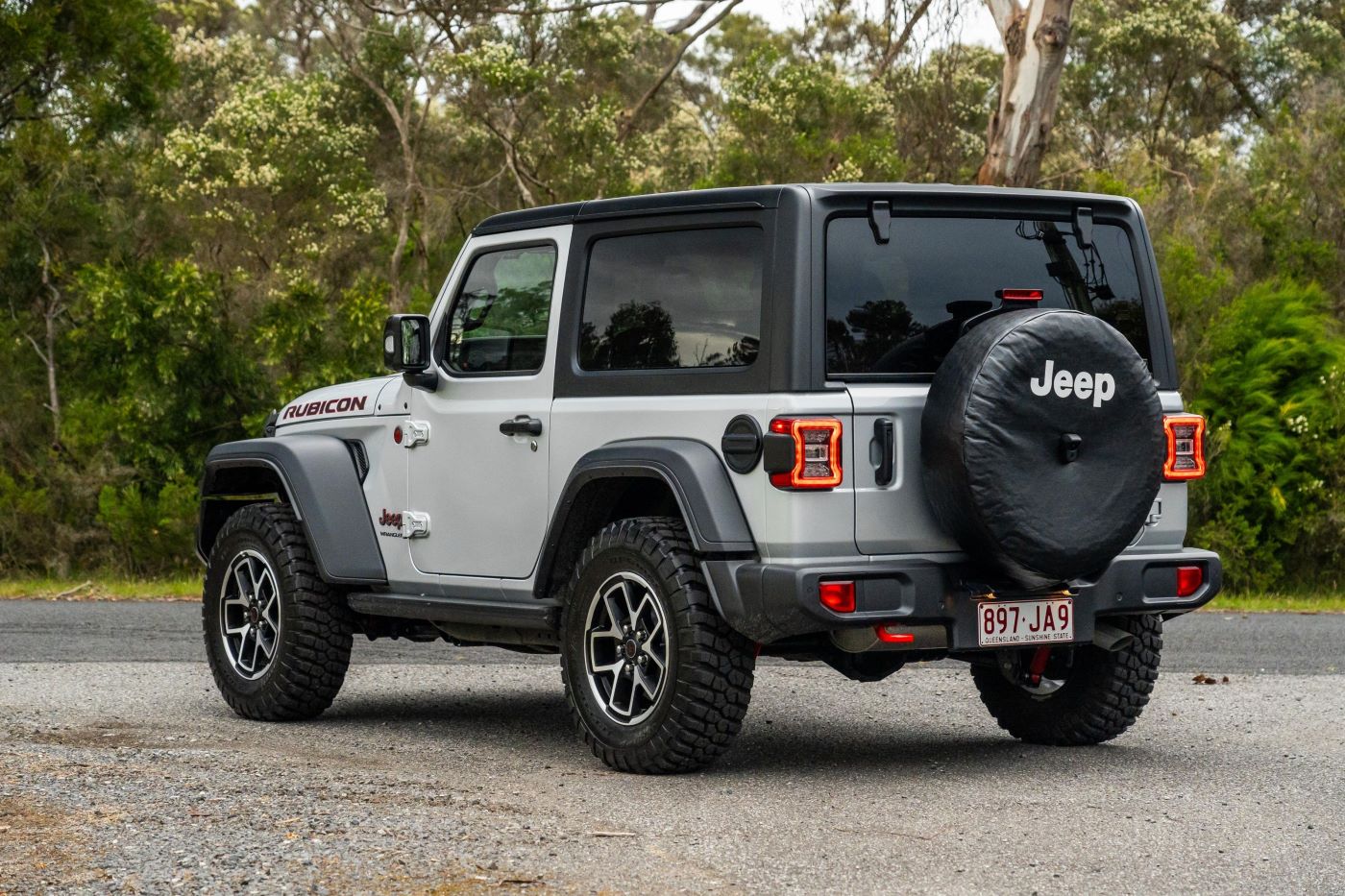
1. Jeep Wrangler (Older Models)
While the Jeep Wrangler enjoys a passionate fan base among off-road enthusiasts, it often raises red flags for private buyers, especially when it comes to older models. One of the main concerns is the extensive off-road use many Wranglers endure.
Unlike many vehicles designed primarily for road use, Wranglers are often driven on rough terrain, which can lead to accelerated wear on critical components like the suspension, drivetrain, and chassis.
Private buyers, who may be less knowledgeable about off-road vehicle maintenance, often worry about hidden damage such as bent frames, worn ball joints, or compromised axles that can be costly to repair. Unfortunately, many sellers don’t fully disclose the extent of off-road abuse, leaving buyers vulnerable to expensive surprises.
In addition to off-road wear, older Wranglers are notorious for electrical gremlins and rust issues. Their boxy design and exposed undercarriage parts often lead to corrosion, especially in regions with harsh winters or salty roads.
Rust in structural areas can compromise safety and lead to costly bodywork, a major concern for anyone buying privately without a professional inspection. Electrical problems such as faulty wiring, malfunctioning sensors, or inconsistent power distribution add another layer of worry, as diagnosing and repairing these issues can be time-consuming and expensive.
Moreover, many private buyers are put off by the Jeep Wrangler’s sometimes rough ride and basic interior, especially in older models. While enthusiasts appreciate the utilitarian design and off-road capabilities, average buyers may find the noise, vibration, and harshness uncomfortable for daily driving.
These factors, combined with the potential for hidden mechanical and structural issues, create a strong red flag for private buyers who prefer dependable, low-maintenance vehicles. As a result, older Wranglers can linger on the market or sell only after significant price reductions.
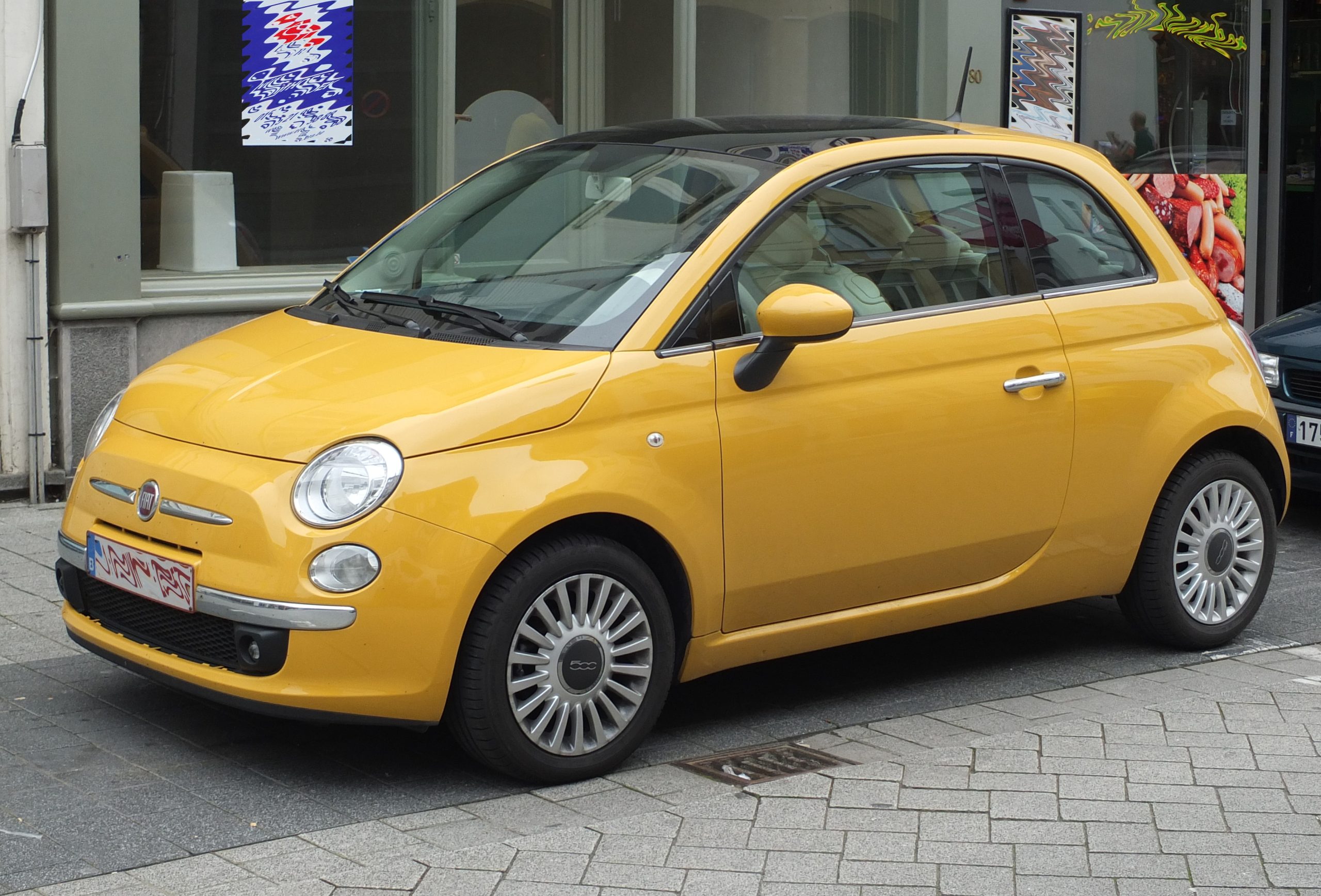
2. Fiat 500
The Fiat 500, despite its charming retro styling and compact size, has earned a reputation for raising red flags among private buyers primarily because of its reliability record and repair costs. Early models, in particular, suffered from a variety of electrical issues, including faulty wiring, unreliable sensors, and frequent battery drain problems.
Such electrical woes often manifest unpredictably, leaving private buyers uneasy about the potential for hidden faults that might not show up during a brief test drive or inspection.
Furthermore, the Fiat 500’s transmission system has been a source of concern. Many owners report jerky shifting, premature wear, and, in some cases, complete transmission failure requiring expensive replacements. Private buyers wary of these risks often demand lower prices or avoid the model entirely, fearing that repair bills will quickly outweigh any purchase savings.
Compounding these issues is the fact that Fiat’s dealer network in some countries, like the U.S., is limited compared to larger brands, leading to concerns about the availability and cost of parts and service.
Another factor scaring private buyers is the Fiat 500’s small size and limited practicality. While its city-friendly dimensions are a plus, the cramped interior and modest cargo space can be dealbreakers for buyers needing a more versatile vehicle.
When combined with its spotty reliability, the Fiat 500 becomes a less attractive option, especially for buyers who prioritize durability and low ownership costs. These worries contribute to longer selling times and depressed resale values in private markets.
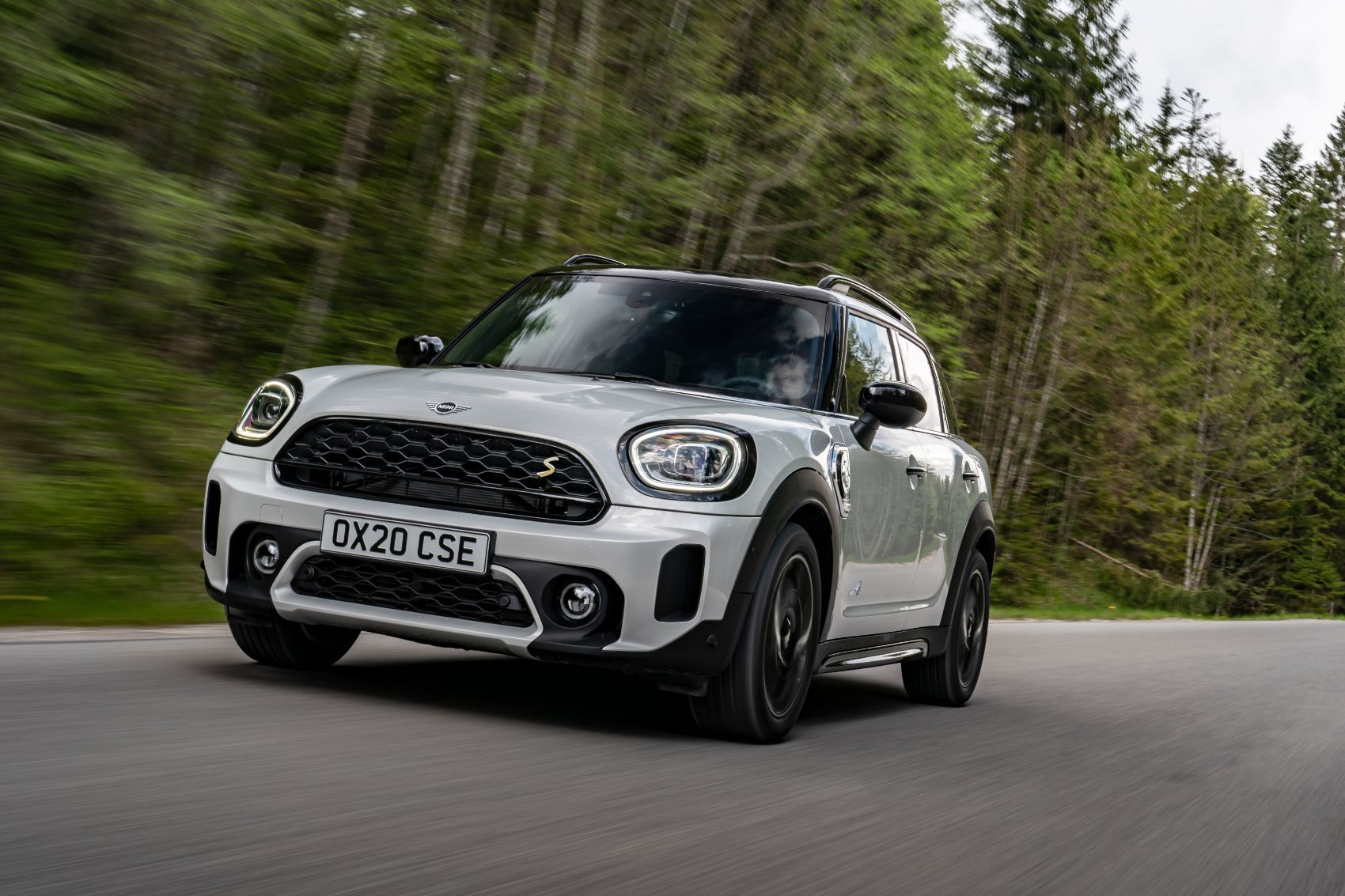
3. Mini Cooper (Early Models)
Early model Mini Coopers, particularly those produced in the early 2000s, tend to raise numerous red flags for private buyers. Although the Mini Cooper is praised for its sporty handling and unique design, many private buyers are wary because of its well-documented reliability problems.
Common issues with early Minis include transmission failures, which often require costly repairs or replacements. The complexity of the Mini’s transmission, especially in automatic models, has led to widespread concerns among private buyers who fear unexpected mechanical breakdowns.
In addition to transmission woes, early Minis frequently suffer from coolant system leaks and thermostat failures, which can cause engine overheating and long-term damage if not addressed promptly. Private buyers are often anxious about the potential for such hidden cooling system issues, particularly if maintenance records are incomplete or missing.
Electrical system problems are also prevalent, ranging from faulty sensors to intermittent dashboard warning lights, which can be difficult to diagnose and repair without specialized knowledge or tools.
Another reason early Minis scare private buyers is the perceived high cost of repairs and maintenance. Although the car is fun to drive and stylish, many buyers factor in potential service expenses when making their purchasing decision.
Given the specialized nature of Mini parts and the need for skilled mechanics familiar with the brand, repairs can be more expensive than average, leading buyers to prefer more predictable and less costly alternatives. Consequently, early Mini Coopers often sell at a discount and may remain on the market longer than other similarly priced cars.
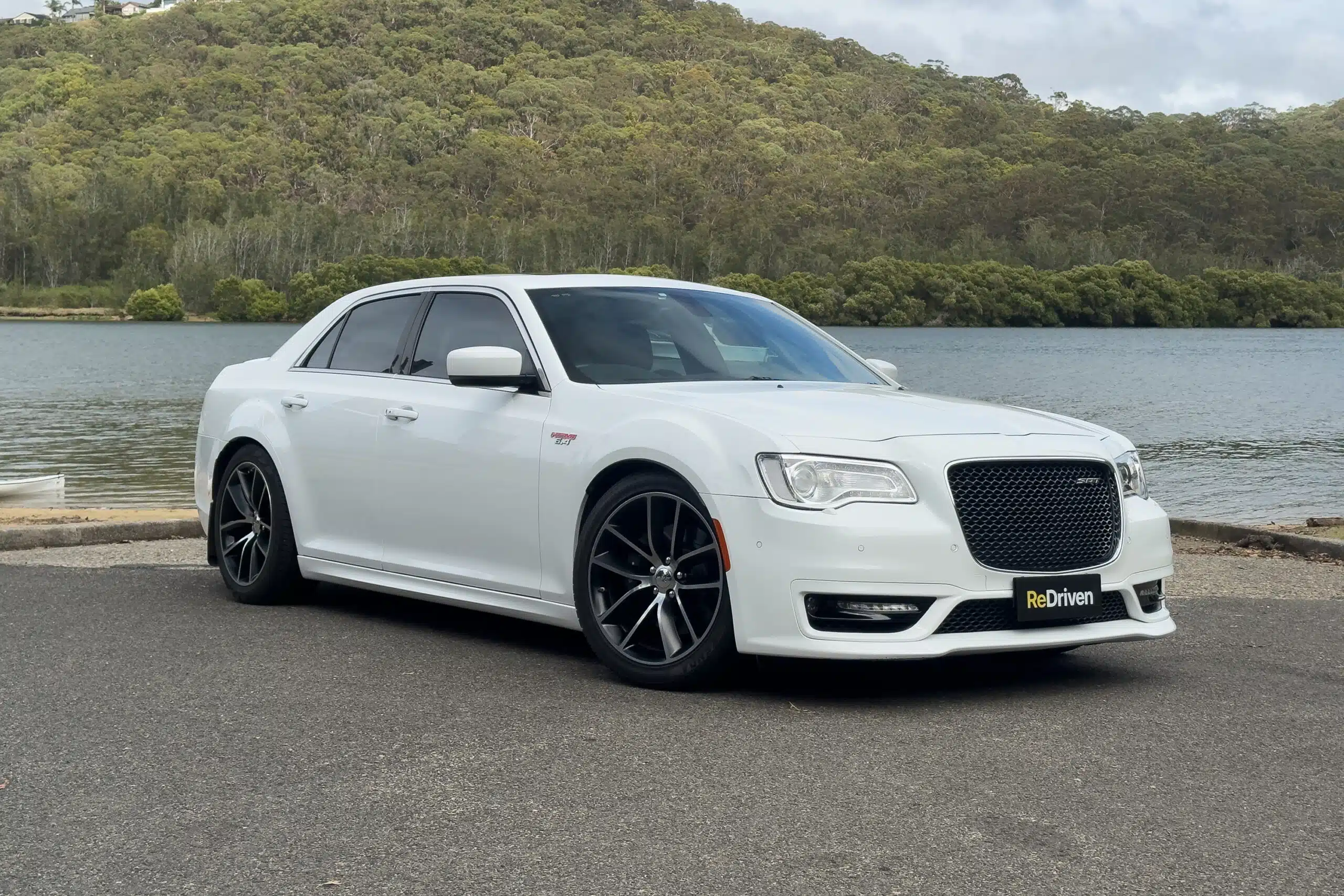
4. Chrysler 300 (Older Models)
The Chrysler 300, known for its bold styling and powerful V8 engine options, tends to raise red flags for private buyers when looking at older models. Despite its commanding road presence and luxurious image, many older 300s are plagued by a variety of reliability issues that can be expensive to fix.
Transmission problems are especially common, with symptoms including rough shifting, slipping, or complete failure. For private buyers, the uncertainty of transmission condition represents a significant risk, as repairs or replacements are costly and labor-intensive.
Suspension wear is another concern. The Chrysler 300’s ride quality depends heavily on its suspension components, which can deteriorate over time due to heavy use or age. Worn bushings, ball joints, and struts can lead to poor handling, uneven tire wear, and uncomfortable driving experiences, all of which are costly to diagnose and repair. Private buyers may be skeptical about whether these issues have been addressed or disclosed, making them hesitant to commit without a thorough inspection.
Electrical problems are also frequently reported, ranging from malfunctioning infotainment systems to intermittent lighting and power accessory failures. Because electrical issues can be elusive and expensive to repair, they often raise red flags for buyers who want reliable and hassle-free ownership.
These mechanical and electrical concerns, coupled with potentially high repair costs and spotty maintenance histories, lead many private buyers to approach older Chrysler 300s with caution, demanding lower prices or walking away entirely.
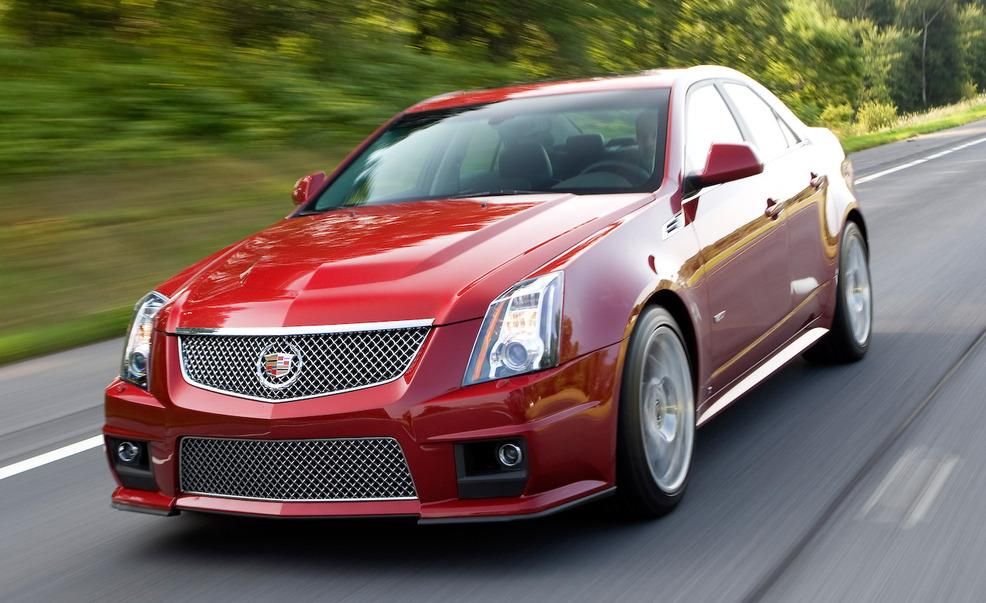
5. Cadillac CTS (First Generation)
The first-generation Cadillac CTS, while offering luxury and performance, has developed a reputation for certain reliability and maintenance concerns that raise alarms for private buyers. One of the most significant issues is engine misfires, often caused by faulty ignition coils or spark plugs. Misfires can lead to rough running, decreased fuel economy, and increased emissions, and if left unresolved, they can cause further engine damage. Private buyers unfamiliar with these issues may find themselves facing unexpected repair bills shortly after purchase.
Timing chain problems are another major concern with early CTS models. A failing timing chain or its tensioners can cause severe engine damage if not addressed promptly, and repairs can be costly due to the labor-intensive process involved. Buyers are often wary of these issues, especially if service records are unavailable or incomplete, as the signs of timing chain wear are not always apparent during a pre-purchase inspection.
Additionally, electronic module failures and electrical gremlins are commonly reported in these CTS models. Intermittent issues with the dashboard, lighting, or engine management systems can frustrate owners and result in expensive diagnostics and repairs.
The combination of potential engine troubles, electrical problems, and higher-than-average maintenance costs tends to scare off private buyers who prefer vehicles with fewer unknowns. As a result, first-generation CTS models often face longer selling periods and lower resale values in the private market.
Also Read: 5 Cars With Great Warranty Support in the U.S. and 5 That Leave You on Your Own
Navigating the private car market requires more than just a good eye for clean body panels or low mileage. It demands a deeper understanding of which vehicles are known for long-term reliability, and which ones tend to bring along headaches that aren’t always visible at first glance.
As we’ve seen, certain vehicles—like the Toyota Corolla, Honda Civic, and Ford F-150—tend to move quickly in the private market because they carry with them a reputation for solid engineering, low-cost maintenance, and trustworthy performance. Buyers of these vehicles often feel like they’re making a safe, informed investment, and in many cases, they are.
These cars don’t scare private buyers because they represent reliability not only in theory but in practice. They’re models that have consistently performed well over years, even decades, and tend to be kept in better condition by their owners due to the type of people who buy them in the first place—practical, conscientious, and often meticulous about maintenance.
When a buyer sees a well-maintained Corolla with a stack of service records, they aren’t just looking at a car—they’re looking at peace of mind. And in private sales, peace of mind is priceless.
On the other end of the spectrum, vehicles like the Fiat 500, early Mini Coopers, and older Chrysler 300s tend to raise more questions than answers. Despite their aesthetic appeal or impressive feature lists, these cars come with baggage—both literal and figurative.
Private buyers are increasingly wary of hidden costs, hard-to-find replacement parts, and the potential for mechanical or electrical problems that may not show up until after the transaction is complete. When these vehicles come up for sale, savvy buyers often approach with caution, knowing that a great deal today could turn into a costly repair bill tomorrow.
This isn’t to say that all cars on the “red flag” list are inherently bad or should be avoided under all circumstances. Plenty of these vehicles have loyal owners and can be reliable if maintained correctly. However, the challenge in the private market is perception, and perception shapes behavior.
A car that’s statistically fine may still sit unsold because buyers have heard one too many horror stories. Likewise, a dependable but boring model like the Corolla might sell in a day simply because it’s universally recognized as a safe choice.
What this tells us is that buying and selling in the private market isn’t just about mechanics—it’s about psychology. Buyers want reassurance. They want to know they’re not making a mistake. And sellers who understand these dynamics can better prepare their vehicles for sale by being transparent, providing thorough maintenance records, and pricing fairly based on the reputation of the model.
For private buyers, the takeaway is clear: do your homework. Look beyond the shiny paint job and consider the long-term costs and reliability of the vehicle you’re purchasing. Consult owner forums, check for common problems, and insist on a pre-purchase inspection when dealing with cars that raise concerns.
For sellers, honesty and preparation go a long way. If you’re selling a car that’s viewed with suspicion in the market, take extra steps to reassure buyers, and if you’re selling a vehicle with a stellar reputation, leverage that goodwill to support your asking price.
Ultimately, the private car market can be rewarding for both parties if approached with caution, clarity, and mutual respect. By knowing which cars inspire confidence and which ones invite caution, you’re better equipped to make informed decisions and avoid the stress that too often accompanies used vehicle transactions. Knowledge, in this case, isn’t just power—it’s your best protection.

